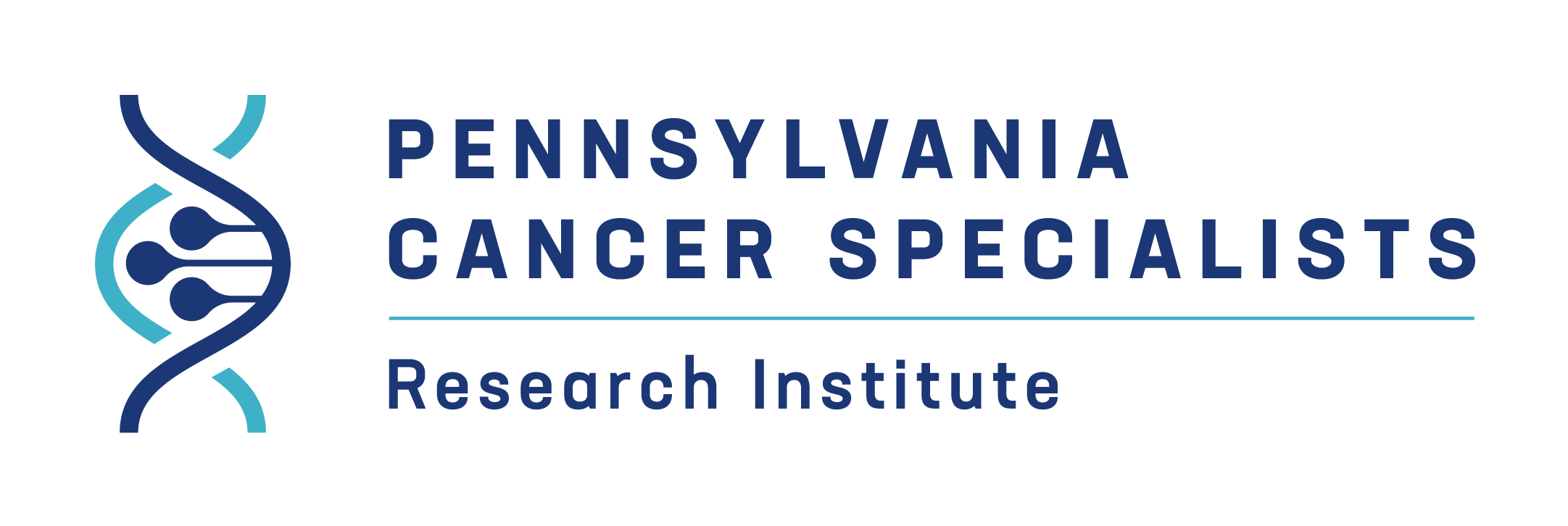Reduce your Cancer Risk with these Lifestyle Changes
February is National Cancer Prevention Month, and although it’s beyond your control to ensure you won’t develop cancer, there are preventive measures and positive lifestyle changes you can practice to keep you healthy and decrease your risk. It’s estimated that 1 in 5 men and 1 in 6 women worldwide will develop some type of cancer during their lifetime. There are a variety of factors that contribute to a person’s cancer risk, such as exposure to unique environmental and lifestyle factors and inherited genetic mutations. Even small changes can make a significant impact on your overall risk of cancer and other chronic diseases. Check out this list of tips:
Screen for Cancer Regularly
Getting regular screenings, imaging, exams, and tests to check for cancer is a crucial step to take in helping to protect yourself and be proactive about early detection. Cancer screenings, like breast cancer screenings, help doctors detect and treat various cancers early before they cause serious symptoms and progress. It’s important to consult with your doctor about when to get screened for cancer and what cancer screening tests are right for you.
Healthy Eating Habits
Incorporating healthy eating habits into your daily routine is an essential foundation to support your overall well-being and reduce your cancer risk. It’s key to eat a diverse diet consisting of a variety of fruits, vegetables, lean meats, and whole grains. Focus on consuming foods high in vitamins, minerals, fiber, antioxidants, and other nutrients. Limit your processed food intake and cook more meals at home.
Stay Physically Active
Focus on moving more and sitting less. Being physically active has a myriad of benefits for your health: helps with weight management, reduces your risk of cancer, heart disease, diabetes, and other chronic diseases and improves your hormone levels and the functionality of your immune system. Begin with a small and realistic goal for daily or weekly movement, aiming to work your way up to 150 minutes of moderate-intensity physical activity and two days of muscle-strengthening activity each week.
Protect Your Skin From The Sun
Skin cancer is the most common cancer in the United States, and one of the most preventable causes of skin cancer is overexposure to ultraviolet (UV) light, either from the sun or from artificial sources like tanning beds. To lower your risk of getting skin cancer, follow the below steps:
- Always wear a broad-spectrum sunscreen with a SPF of 15 or higher
- Wear clothing that covers your arms and legs, wear a hat with a wide brim to shade your face, head, ears, and neck
- Wear sunglasses that wrap around and block both UVA and UVB rays
- Stay covered and in the shade when possible
- Avoid tanning beds and sun lamps
Get Immunized
Certain viral infections like hepatitis B and HPV (Human papillomavirus) can lead to you being more likely to develop cancer, which is why it’s important to get vaccinated. Consult your doctor about getting vaccinated and what vaccinations are recommended for prevention and optimal health.
Minimize Alcohol Intake
Drinking alcohol in excess is linked to an increased risk of developing cancers of the mouth, larynx, liver, colon, and esophagus. If you consume alcohol, be sure to sip mindfully and in moderation by limiting daily consumption to no more than one drink for women and two drinks for men.
Avoid Smoking
Smoking tobacco damages the heart and blood vessels very quickly, and chemicals in cigarette smoke can cause the cells that line blood vessels to become swollen and inflamed. Smoking cigarettes has been linked to lung, mouth, throat, and other types of cancer, and can be detrimental to your health. If you’re a smoker, consult your doctor about undergoing a lung cancer screening. Lung cancer found at early stages is easier to treat and may be curable.
Sources:
American Cancer Society: Diet and Physical Activity: What’s the Cancer Connection?
Harvard T.H. Chan School of Public Health: The Nutrition Source: Preventing Cancer
CDC: What Can I Do to Reduce My Risk of Skin Cancer?


